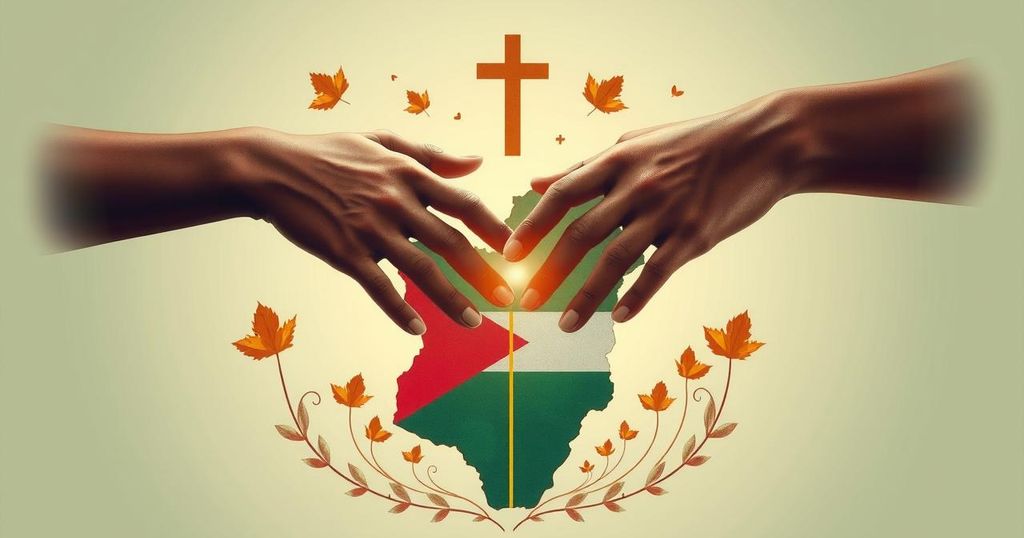The Revitalized Peace Agreement in South Sudan is facing severe challenges, including low political will and financing issues. The transitional period has been extended to February 2027, with elections moved to December 2026, but preparations are hindered by armed groups’ participation restrictions and financial constraints. Ongoing violence and humanitarian crises in the region further complicate the situation, prompting urgent calls for action from the Security Council.
The Revitalized Peace Agreement in South Sudan is encountering significant obstacles, primarily due to insufficient political commitment, a lack of trust among parties, and unpredictable funding sources. This was highlighted by Charles Tai Gituai, Interim Chairperson of the Reconstituted Joint Monitoring and Evaluation Commission, during discussions at the Security Council. In September 2024, parties agreed to extend the transitional period from February 22, 2025, to February 22, 2027, with elections pushed back to December 2026. However, financial constraints impede electoral preparations, despite the National Election Commission’s efforts to open offices across the ten states.
Gituai emphasized that parties possessing armed forces, such as the Sudan People’s Liberation Movement/Army in Opposition, will not be eligible for registration until they disband their military units. This situation necessitates urgent unification efforts so that all factions can participate in the elections. He also expressed concern regarding ongoing intercommunal violence and highlighted how the Sudan conflict exacerbates humanitarian crises in South Sudan, notably affecting oil production, the country’s main revenue source.
The Security Council has been monitoring the implementation of the 2018 Revitalized Peace Agreement, which aims to stabilize South Sudan following its protracted conflicts. Political instability and violence continue to challenge the peace process. The Council’s discussions are driven by concerns over election preparations, governance, and insecurity that directly impact the humanitarian situation and prospects for democratic governance in South Sudan.
In conclusion, the Security Council’s discussions underscore the critical need for enhanced political will and effective funding mechanisms to support the implementation of the Revitalized Peace Agreement in South Sudan. A successful transition to democratic elections depends on overcoming current hurdles, including armed group registration and funding shortages. Stakeholders are urged to act swiftly to ensure that the upcoming elections can proceed as planned, laying the groundwork for a more stable governance structure.
Original Source: www.miragenews.com




